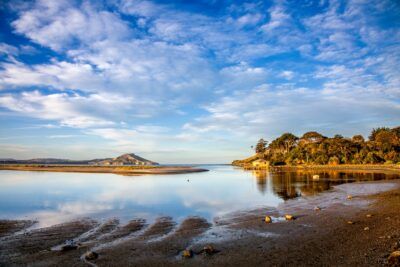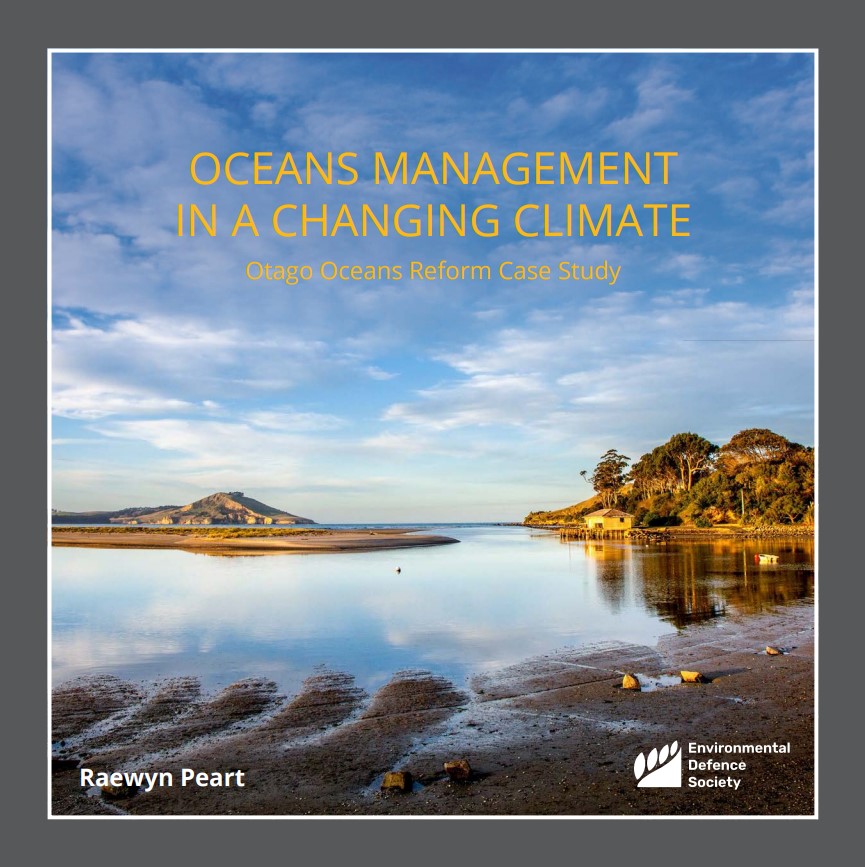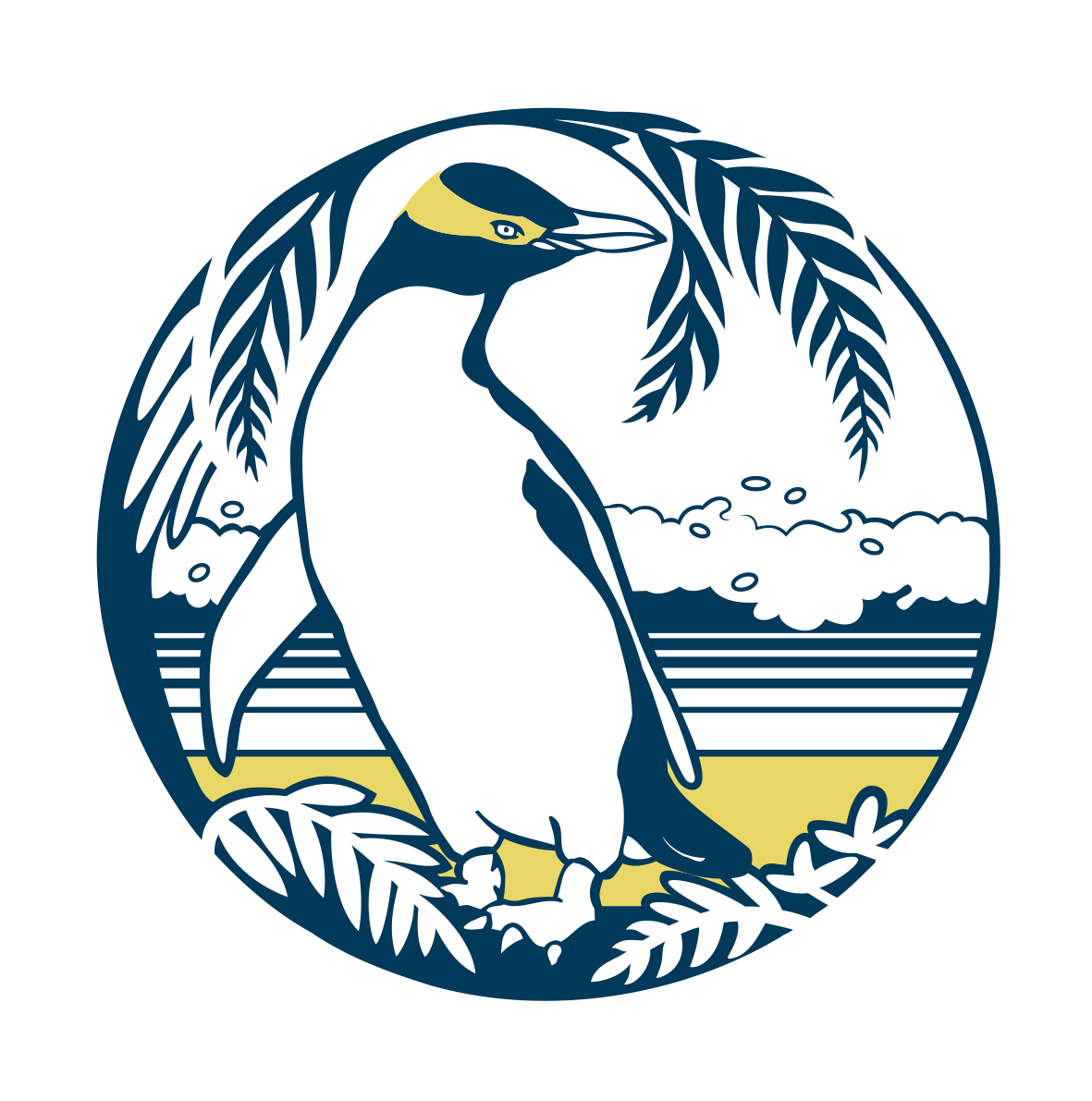
News
The State of our Coast
Friday 01 August, 2025
The State of our Coast
Environmental Defence Society on Otago Oceans Reform
The Environmental Defence Society has published a report by lawyer and policy director Raewyn Peart on oceans management in a changing climate. The case study focuses on the Otago coastline: the region hailed as the wildlife capital of Aotearoa New Zealand for its extraordinary marine biodiversity due to its unique bio-physical characteristics.
Yet, several of Otago’s iconic marine species are now threatened with extinction. The region has some of the most intense ocean warming anywhere in the country, and keystone species such as bull and bladder kelp are suffering badly, with likely cascading impacts on other marine life. The impacts of climate change are more extreme in Otago’s waters because of the compounding impact of sedimentation and fishing. The report recommends an integrated strategy be implemented that effectively deals with these cumulative pressures.
The case study highlighted the effects of fishing and warming oceans on hoiho. The breeding success of hoiho depends heavily on availability of fish, which faces multiple threats. Bottom trawling, the predominant fishing method off Otago, reduces seafloor biodiversity and impacts penguin food sources; despite a four nautical mile set net ban, fisheries bycatch continues to kill hoiho; and since industry overfished the area in the 1990s, the penguin’s diet has changed significantly.
“…rehabilitating penguins and sending them back out into the marine environment is akin to patching up soldiers and sending then back to the front … Because the most significant unmanaged threats are almost all marine-based … bottom-set gillnetting, bottom contact trawling, and the deposition of dredged substates all occur in the foraging areas of hoiho.” Phil Seddon and Yolanda van Heezik.
Climate change compounds these problems and warmer sea temperatures reduce water column mixing and nutrient availability in benthic areas where hoiho feed. The full report is available at eds.org.nz.


